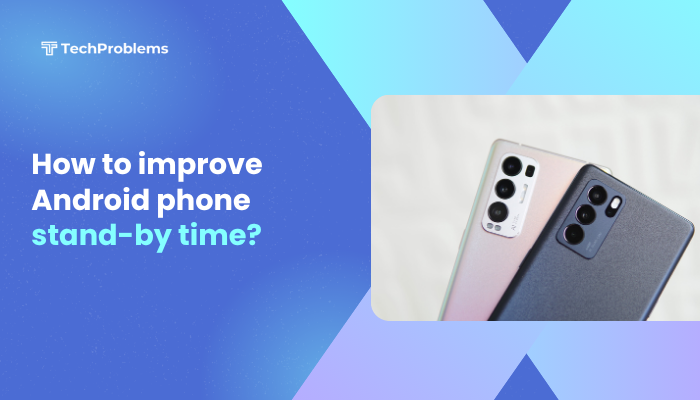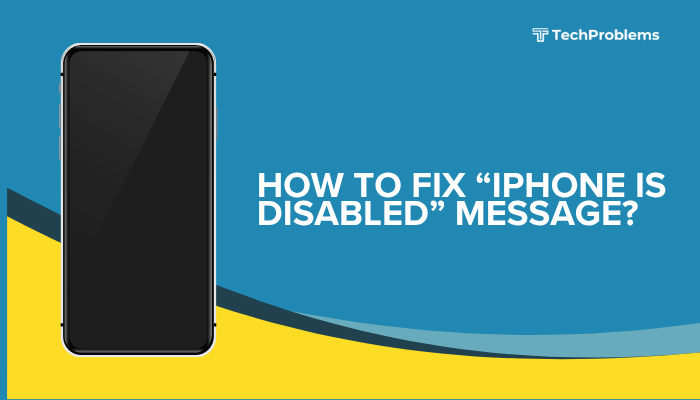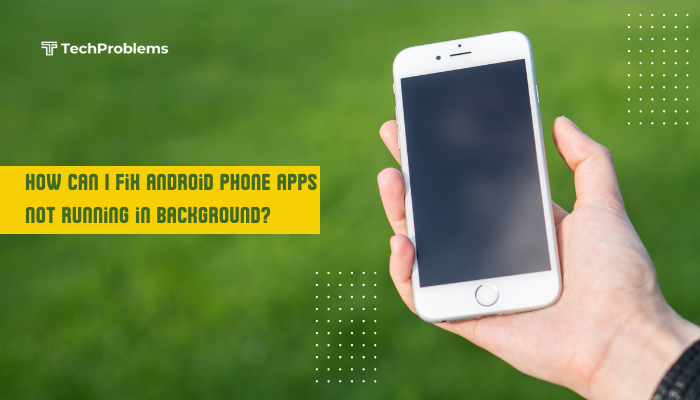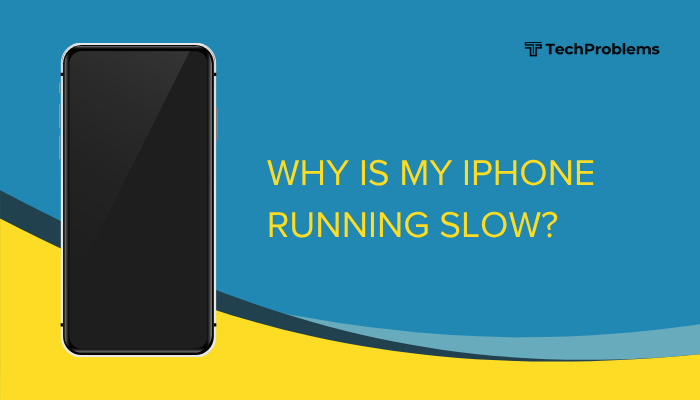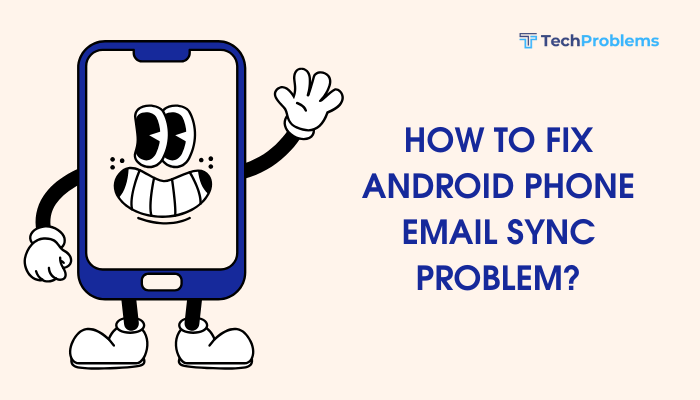Vibration feedback on an iPhone can be helpful for alerts and haptics—but sometimes you want total silence. Whether you’re in a quiet meeting, trying to save battery, or simply dislike the buzz, iOS offers multiple ways to disable vibration.
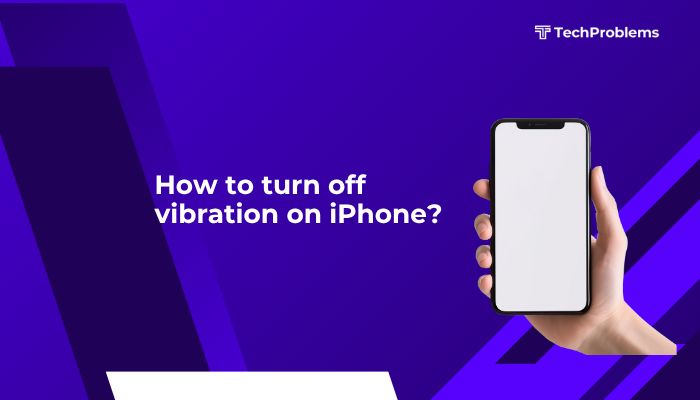
Disable Vibration in Sounds & Haptics
Why This Helps
This is the master control for all vibration on your device.
Steps
- Open Settings.
- Tap Sounds & Haptics.
- Toggle Vibrate on Ring to Off.
- Toggle Vibrate on Silent to Off.
Outcome: Your phone will no longer vibrate when you receive calls or notifications, whether in ring or silent mode.
Turn Off System Haptics
Why This Helps
iOS uses small taps for system interactions—disabling haptics stops those subtle vibrations.
Steps
- In Settings → Sounds & Haptics, scroll to the bottom.
- Toggle System Haptics Off.
Result: No more feedback when toggling switches, launching apps, or performing system actions.
Mute with the Ring/Silent Switch
Why This Helps
Physically muting your iPhone disables most alert vibrations instantly.
Steps
- Locate the Ring/Silent switch above the Volume buttons.
- Flip it down (orange indicator showing) to Silent mode.
- Ensure Vibrate on Silent is off in Settings → Sounds & Haptics for complete silence.
Note: Some emergency alerts and alarms will still vibrate if configured to do so—see method 6.
Use Do Not Disturb or Focus Modes
Why This Helps
Focus modes let you silence calls, notifications, and vibrations for scheduled periods or activities.
Steps
- Open Settings → Focus (or Do Not Disturb on iOS 14).
- Tap Do Not Disturb (or create a custom Focus).
- Under Allowed Notifications, set People and Apps to None.
- Scroll down and toggle Hide Notification Badges off (optional).
- Schedule a start and end time, or manually enable via Control Center.
Benefit: You’ll receive no vibrations, sounds, or banners during DND/Focus windows.
Disable Vibration for Individual Apps
Why This Helps
Some apps have built-in vibration settings that override system defaults.
Steps
- Open Settings → Notifications.
- Select the app you want to silence.
- Toggle Sounds to Off.
- Some apps (e.g., WhatsApp) include their own In-App vibration option in their settings—open the app’s Settings → Notifications → toggle Vibrate off.
Outcome: That app will no longer vibrate for alerts, even if others still do.
Turn Off Vibration for Emergency and Government Alerts
Why This Helps
Even in silent or DND mode, certain alerts can vibrate by default.
Steps
- Go to Settings → Notifications.
- Scroll to the bottom to Government Alerts.
- Toggle AMBER Alerts, Emergency Alerts, and Public Safety Alerts to Off.
Caution: Disabling these may prevent you from receiving critical warnings—use judiciously.
Disable Keyboard Haptics
Why This Helps
Typing on the iOS keyboard can trigger a subtle vibration on every key press.
Steps
- Open Settings → Sounds & Haptics.
- Scroll down to Keyboard Feedback.
- Toggle Haptic to Off.
Result: Your phone will no longer buzz as you type.
Use Accessibility Settings to Turn Off All Vibration
Why This Helps
An Accessibility feature lets you suppress all vibration, even from system or unknown sources.
Steps
- Settings → Accessibility → Touch.
- Scroll down and toggle Vibration to Off.
- Confirm the change if prompted.
Outcome: Every vibration—whether from system, apps, or haptics—is disabled.
Disable Taptic Engine for Live Activities and Widgets
Why This Helps
Widgets or Live Activities can trigger haptic feedback on updates.
Steps
- Long-press your home screen and tap Edit Home Screen.
- Tap the + to add a widget; scroll to Live Activities or any widget generating haptics.
- Remove or avoid adding those widgets.
- In Settings → Sounds & Haptics, ensure System Haptics remains Off.
Note: Removing feedback sources at their origin prevents unwanted vibrations.
Restart or Force Restart Your iPhone
Why This Helps
Occasionally, the Taptic Engine or vibration settings glitch until a restart.
Steps for Restart
- iPhone X or later: Press and hold Side and a Volume button until the slider appears, then slide to power off.
- iPhone SE/8 and earlier: Press and hold the Side/Top button until the slider appears.
- Wait 30 seconds, then power on by holding the Side/Top button.
Steps for Force Restart
- iPhone 8 or later: Press and release Volume Up, then Volume Down, then hold Side until you see the Apple logo.
- iPhone 7/7 Plus: Hold Side + Volume Down together until Apple logo.
- iPhone 6s or earlier: Hold Home + Side/Top until Apple logo.
Result: A fresh restart can clear persistent vibration anomalies.
Update iOS to the Latest Version
Why This Helps
Software bugs in earlier iOS releases can cause vibration settings to misbehave.
Steps
- Connect your iPhone to Wi-Fi and power.
- Settings → General → Software Update.
- If an update appears, tap Download and Install.
- Follow on-screen prompts; after the update, verify vibration settings.
Tip: Enable Automatic Updates in the same menu for future fixes.
Reset All Settings
Why This Helps
If vibration settings are corrupted, resetting all settings restores default behavior without data loss.
Steps
- Settings → General → Transfer or Reset iPhone → Reset.
- Tap Reset All Settings; enter your passcode if prompted.
- Confirm the reset; the iPhone reboots with all system settings (including vibration) at factory defaults.
- Reconfigure your Wi-Fi, wallpaper, and any system preferences—but vibration will be cleared.
Outcome: System settings return to stock, eliminating hidden corruption.
Conclusion
iOS provides extensive controls to stop every form of vibration: from basic call and silent-mode vibrate toggles to accessibility overrides and per-app silencing. By following these 12 methods—disabling in Sounds & Haptics, muting via the side switch, leveraging Do Not Disturb, disabling haptics, and even resetting all settings—you can customize or completely eliminate vibration feedback on your iPhone. Combine restart and software-update routines for smooth performance, and enjoy a truly silent, buzz-free experience.

